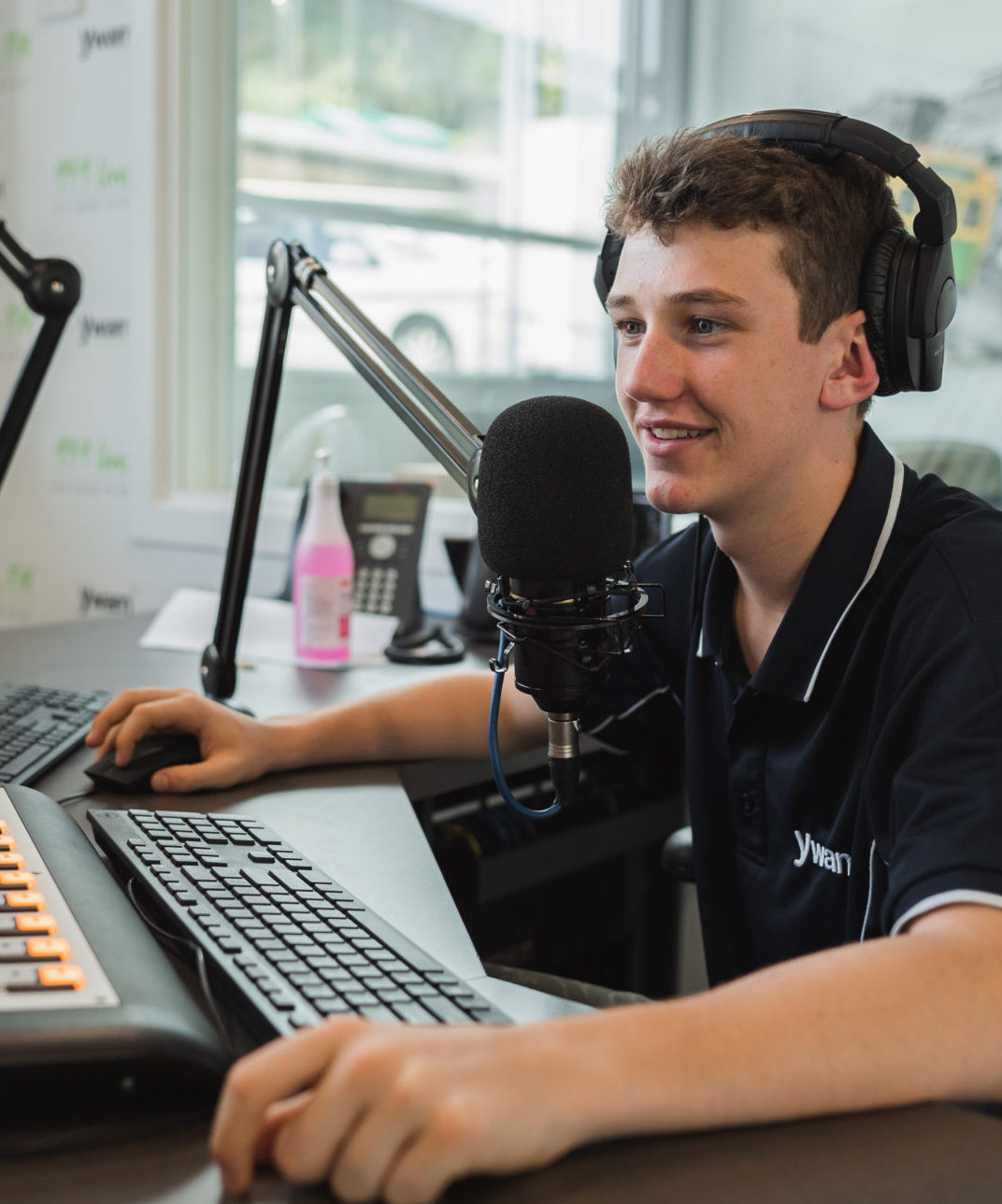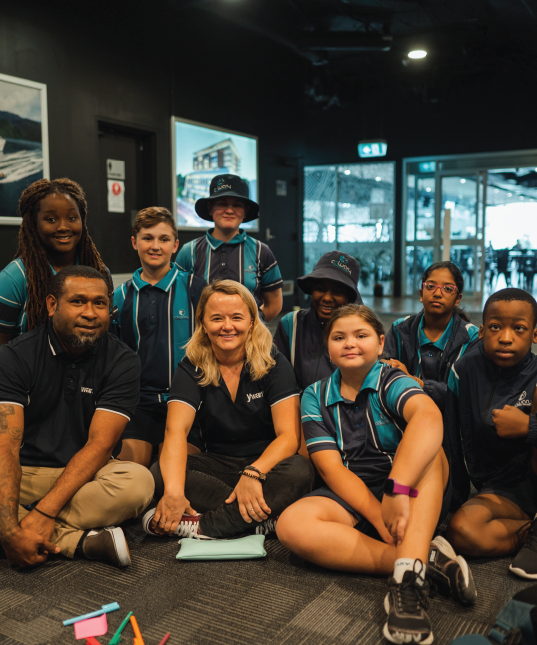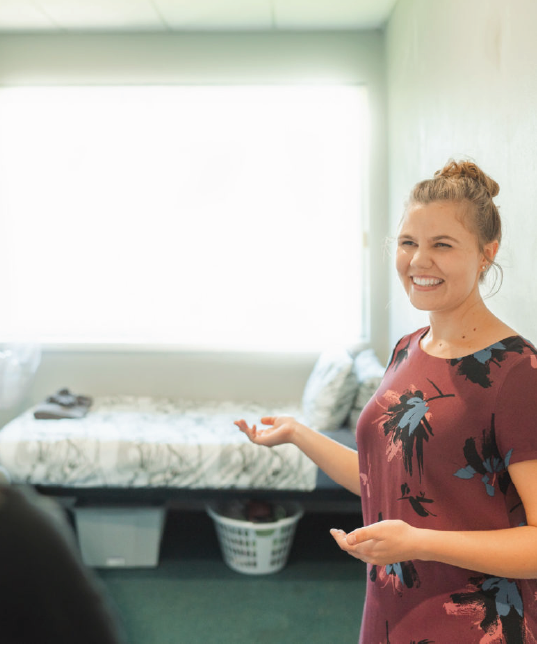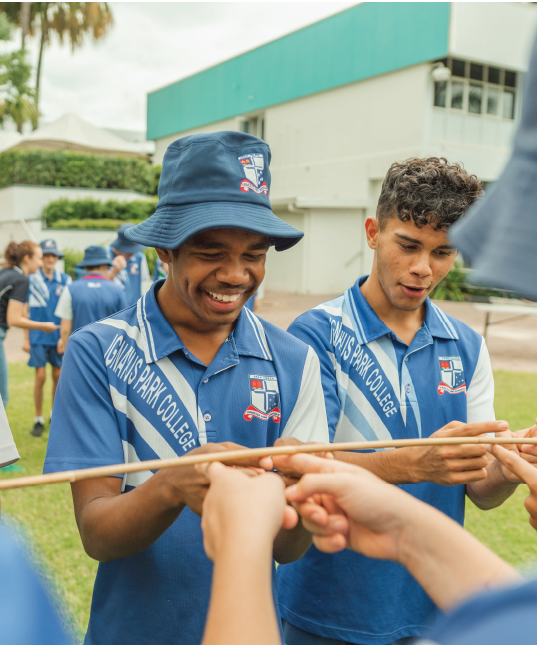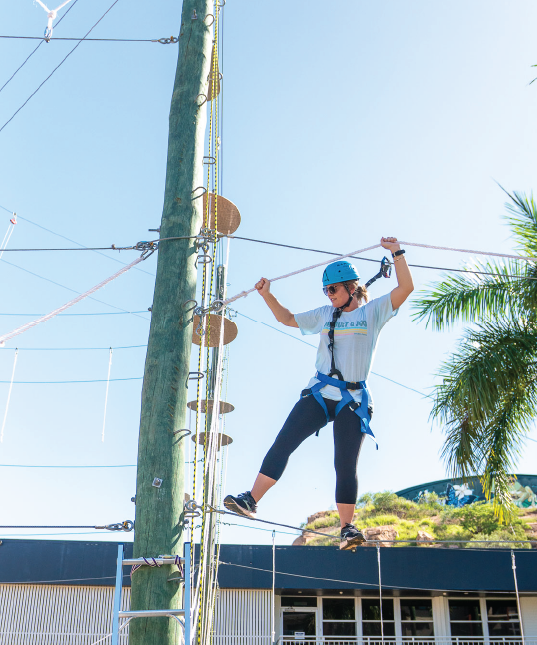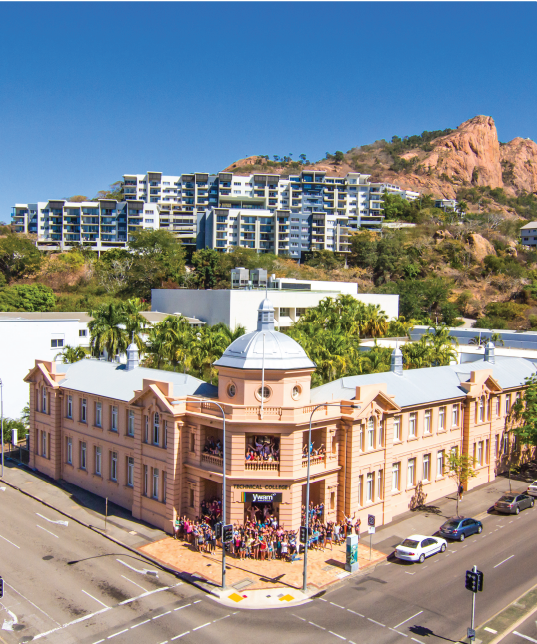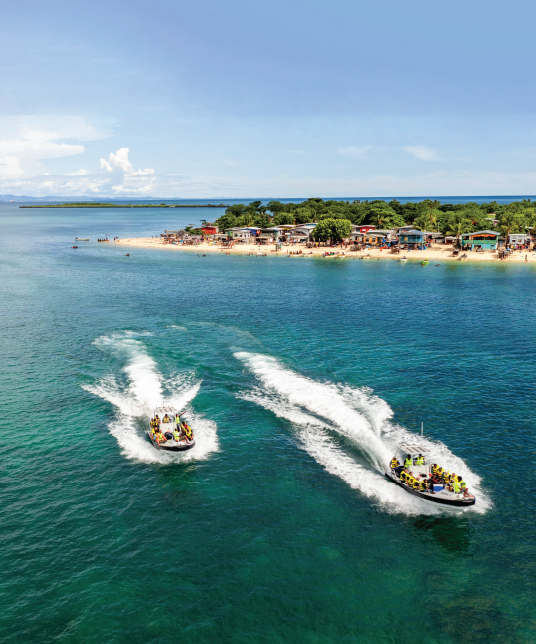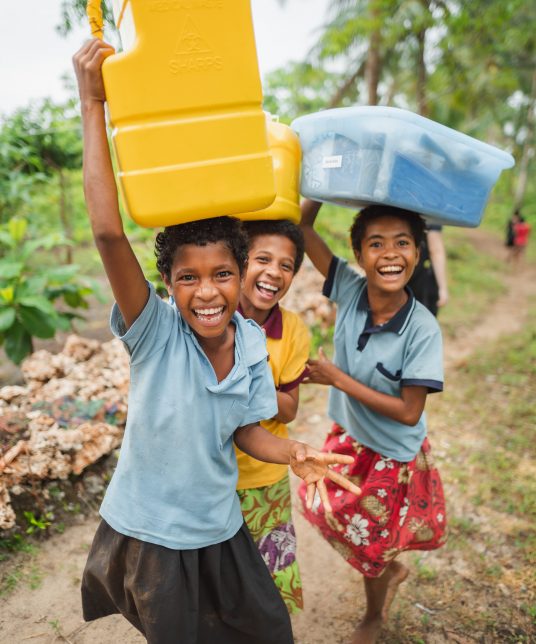
Volunteers aboard the YWAM Medical Ship were pleased to find the Health Care Centre in Emeti well stocked with the latest equipment for diagnosing and treating malaria.
Earlier this year the Emeti Health Station, staffed by nurse Antonia Iwani and three Community Health Workers (CHWs), was supplied with the newly available Rapid Diagnostic Tests (RDTs) as well as new medication for malaria treatment.
The previous treatment protocol meant that anyone who presented with a fever was treated for malaria. The medication (typically Chloroquine), was being passed out so readily that its effectiveness to treat malaria decreased as resistance to the drug increased.
With the new guidelines introduced by the National Department of Health, CHWs are now able to quickly diagnose and specify the strain of malaria using RTD’s. This allows for more accurate treatment.
Although Antonia and her team are competent medical professionals, distance prevented them from attending training on the new malaria treatment guidelines. It was incredibly frustrating for them to have the resources at their fingertips, but no understanding of how to use them.
Jennifer Perry, primary health care clinic leader on the YWAM Medical Ship, gathered the health station staff for two days of training, which included teaching on using RDTs accurately. After learning the theory, the staff were able to apply their new knowledge in a practical session by performing the tests on one another.
“I’m very confident that Antonia will now do it correctly and will continue to train her CHWs,” Jennifer said.
When asked how a situation like this might be avoided in the future, Jennifer stated that ideally, training should happen on location. “There is nothing better than teaching people in their own environment – there’s a sense of comfort, and they are usually less nervous to perform in front of other people,” Jennifer said. “It would also be helpful to have a smaller ratio of trainer to trainees.”
The health station in Emeti wasn’t the only place found to have a lack of education about the new program. Days later at an aid post in Bamio, Jennifer was able to train two more CHWs from different areas.
Jennifer trained them in how to administer the tests and left a small supply behind for their clinics. Although they hadn’t yet received the updated medication, at minimum they could start to treat people that tested positive for malaria, instead of giving blanket treatments, under the assumption that all fevers indicate malaria.
Two days after the training in Bamio, Jennifer and her team were working at the clinic in Teapopo and found boxes and boxes of unopened RDTs and the new medications. Apparently the Teapopo CHWs didn’t know how to use the new materials either.
The supplies – enough to diagnose and treat 1,800 people – were all due to expire within the month (September 2012). The unopened boxes were postmarked May 2011.
As wonderful as the new malaria treatments guidelines are, it’s rendered worthless if workers are untrained in how to utilize the resources available. The education component is critical to the success of malaria treatment across the nation; unfortunately access to training for CHWs is difficult and costly due to the wild terrain of the Western (and Gulf) Provinces.
YWAM Medical Ships is willing to assist the Department of Health as they partner together to facilitate some of the local training.
“I find it really exciting to be a part of rolling out the new malaria treatment,” Jennifer continued. “The National Department of Health has put together a great program that has the potential to change the health of the entire Western Province if done correctly. We’re so excited about how we can partner with them in seeing that happen.”







